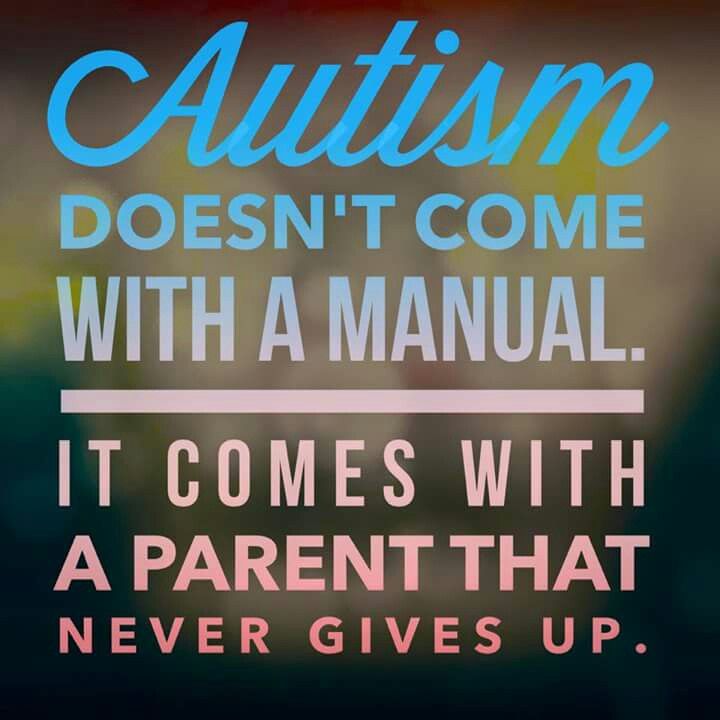Helping your friends and family understand your Autism journey.
When you first tell your family and friends that your child is on the autism spectrum you can experience a wide variety of reactions from them. Some I have heard are:
They don’t look autistic, what’s their talent, but they can talk!
These reactions are usually driven by a lack of understanding of what autism is, how it impacts a child, and the wide autism spectrum. They will also have no idea of the emotional, financial, and everyday impact your child’s diagnosis has on your family.
Parents of
children on the autism spectrum often face a wide range of challenges such as diagnosis, education, communication, behaviour management, personal
well-being, and planning for the child's future. It is important family and
friends are aware of these to support both the child and the parents.
Sadly many family and friends of those who parent children on the spectrum are
unaware of how an autism diagnosis can impact a family and the special
support every child needs.
Also, some family members may not understand autism in their family because they are
uninformed about the huge variety of autistic people that are out there.
So how
can you educate your friends and family about your children and your family dynamics?
Know your own issues:
Before we can educate others, we need to be clear about the issues we face as a
family and how it impacts our daily life. Be honest and frank, do not shy away
from the cold hard facts. When we accept this, it is easier to communicate the
impact on others.
Relay personal experiences:
Share your personal experiences with your friends and family. Explain the
emotions, struggles, and triumphs you have observed with your own children.
These personal experiences can often provide a powerful insight into the realities
faced by parents. Provide information about autism in general, its various
challenges, and how it specifically impacts your child. Explain the unique
scenarios and difficulties you face as a parent.
Encourage open dialogue:
Encourage your friends and family to ask questions and express their curiosity
without judgment. Promote dialogue that encourages discussions and deepens
understanding.
Provide information:
Try to share articles, books,
documentaries, or relevant resources that highlight the realities of raising an autistic child with your friends and family. Help
them grasp the complexity of autism and the experiences of parents raising a
child with autism.
The power of storytelling:
Share personal stories and specific examples to help others relate to your
experiences.
Storytelling can be a powerful tool in opening up a dialogue with people who perhaps find difficulty in understanding the specific characteristics of the autism spectrum.
Highlight the impact autism has on your family dynamics, your
emotional well-being, and your child's development.
Don't be silent:
Engage in open and honest communication about your experiences. Share your
daily struggles, milestones, and triumphs. Encourage others to ask questions
and voice their concerns. By keeping communication channels open, you can build
understanding and empathy among friends, family, and others in your community.
The worst thing you can do is to bottle things up which will only lead to
stress and emotional distress.
Arrange events or workshops:
Organise events, workshops, or seminars where parents, educators, and community
members can come and learn about autism spectrum disorder (ASD). Invite
professionals, such as therapists or autism educators, to provide insights into
the challenges faced by parents and children with autism. This will allow
others to gain a deeper understanding of the issues you face.
Support groups:
Consider joining or creating support groups for parents of autistic children.
Sharing your experiences with others who are going through similar challenges
can be therapeutic and help you build a strong support network. Encourage
others to attend these groups to gain firsthand knowledge and learn about the
difficulties faced.
Social media and blogging:
Use social media platforms or start a blog to share your experiences as a
parent of an autistic child. Regularly post updates, insights, resources, and
personal stories. Engage with your audience, answer questions, and share
educational material to spread awareness about autism and its challenges. This
can be shared with family and friends to increase their understanding and
include them in your family's autism journey.
Hopefully, these ideas can help but remember, it may take time for others to fully comprehend the challenges you face. Patience, open communication, and education will contribute to increased awareness and understanding of your family's own situation.
Autismdad.ie
